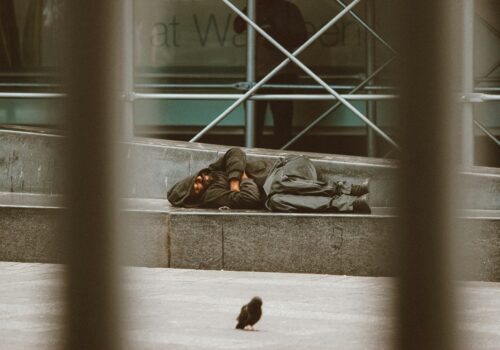“How To Tell A Secret”: A Journey of Coming Out
Words: Eva O’Beirne
Photography: George Voronov
The Irish documentary film How To Tell A Secret, appearing in selected cinemas from today, is an evocative and experimental portrayal of living with HIV in Ireland and the many ways that the community interact with one another, their loved ones and the world at large.
Co-directed by Shaun Dunne and Anna Rodgers, and produced by Zlata Filipovic, the film explores the different experiences of people from all walks of life navigating how they wish to disclose their HIV status. Having premiered at the Virgin Media Dublin International Film Festival earlier this year, How To Tell A Secret recently won Best Documentary Film at the Irish Film Festival London.
District sat down with co-directors Shaun Dunne and Anna Rodgers as well as HIV activist and contributor to the film Robbie Lawlor to discuss the portrayal of HIV in the media,
“I think this is the first film about the contemporary experience of having HIV,” says Robbie. “People have seen films that have majorly dwelled on the past, the AIDS crisis, but this film gives us the opportunity to look at what’s happening now. And what people don’t realise is that the story, the narrative around HIV now can be extremely positive.”
Robbie Lawlor is best known for his work on the Poz Vibe Pod, alongside his campaigning with Access To Medicines Ireland. For Robbie, it is the hope that How To Tell A Secret will inspire a wider conversation about sexual health and HIV awareness that motivated his contribution to the project. “Our hope is that [the film] reaches out to a wider audience than the community itself. We’re hoping that people who come to see this film wouldn’t ordinarily come to see a film like this. There’s a really, really important societal message in there about stigma within the film,” he explains.
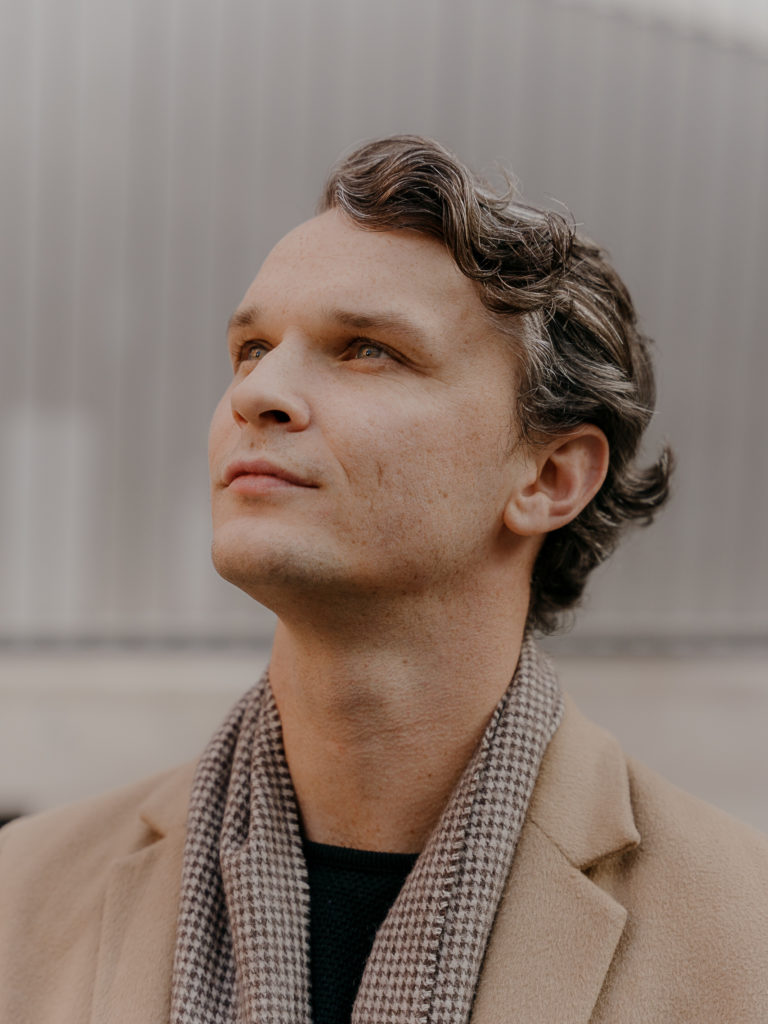
“We’re hoping that people who come to see this film wouldn’t ordinarily come to see a film like this. There’s a really, really important societal message in there about stigma within the film.”
Robbie Lawlor
The issue of stigma around and media portrayals of the LGBTQ+ community is particularly poignant as we sit down to have this discussion. Only days before, five people were shot and killed at Club Q in Colorado Springs with a further 17 injured. The same week, it was announced that men who have sex with men (MSM) will finally have their waiting period to donate blood waved in Ireland, after years of medical stigma and discrimination. It is also no secret that the Irish media has been particularly abhorrent in its treatment of transgender people in recent months.
All of these incidents, combined with the continuous concerns about the treatment of LGBTQ+ individuals in Qatar amidst the FIFA World Cup, can leave you under the impression that there is little to be celebrated in the community. When asked how they all feel about the recent news cycle and how this film fits into this media landscape, co-director Shaun Dunne is quick to point out that the film attempts to be inherently positive, as they are all aware of how people outside of communities can easily twist narratives to suit them: “I think sometimes a lot of the kind of sensational pieces don’t actually consult very meaningfully with people who are living in a particular experience.”
“And I think what we’ve done very well, thanks to Robbie, and the connections that he had with the community, is we have consulted with people for over six years for this project. The hands of the community are all over [the film], and their voices are in there and that’s what matters.”
How To Tell A Secret grew from a critically acclaimed play by Shaun called Rapids that debuted in 2017 and later toured around Ireland. The finished product is ultimately an intersection of theatre and cinema, creating a highly emotive and unique on-screen experience that Anna and Shaun refer to as “hybrid”.
“There’s a certain luxury in a theatre context, that the audience is present, they don’t have a record of what they saw, they don’t have any transcripts,” notes Shaun. “I never published the play, because people could have the ability to remove their testimony if they wanted to at a later point. I was used to the safety of the theatre, and I definitely felt the pressure from the people who contributed whether on camera or anonymously. But it was the ambassadors from the community, the activists, who helped us establish a network of trust that makes this project so special.”
Apart from How To Tell A Secret and Rapids, Shaun has also worked on the award-winning short film Iarscoláire (Past Pupil) as well as theatre projects Death of the Tradesmen, Advocacy, and Making a Mark.
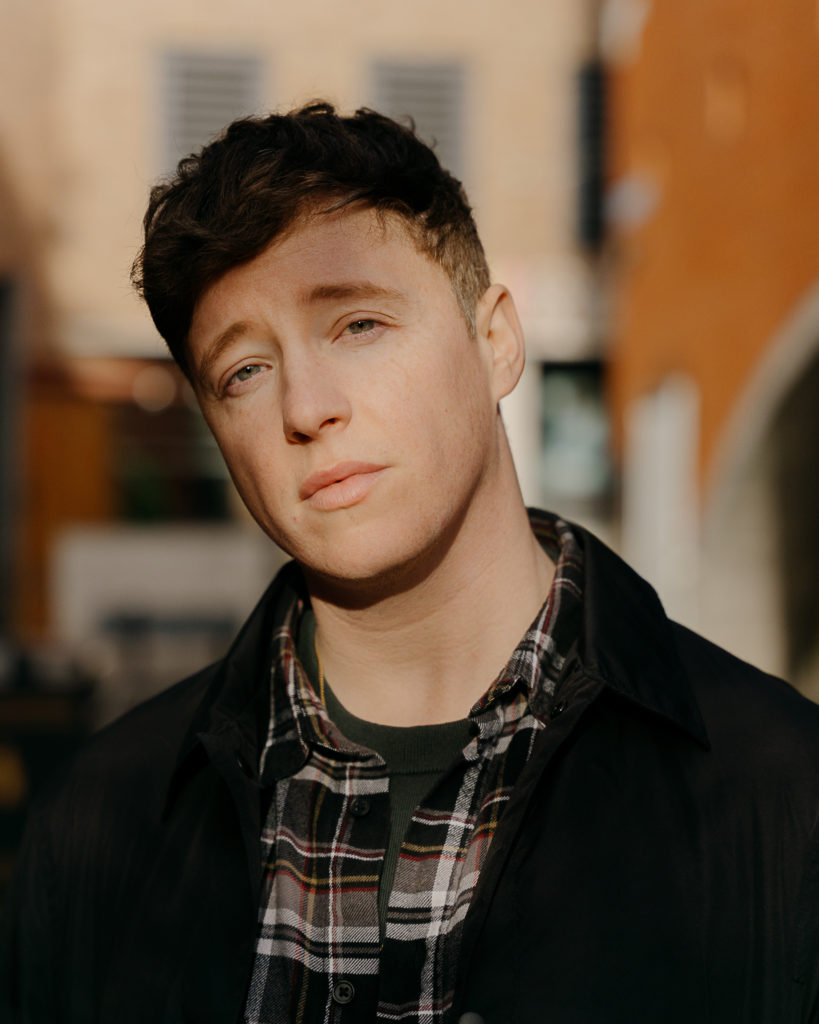
“It was the ambassadors from the community, the activists, who helped us establish a network of trust that makes this project so special.”
Shaun Dunne
“The process of converting the play from the theatre to the cinema, was an exciting evolution,” explains Shaun. “It created a lot of potential with our composers and what our editor Tom could do. We ultimately wanted something that felt a little bit unconventional in terms of how you’d expect these stories to be told, using symbols, lip-syncs or music instead of explicitly saying it in dialogue.”
“It was something neither of us ever had done before,” Anna chimes in. “We wouldn’t have done it our own; it came out of the chemistry the two of us working together and it’s a very unusual thing to have two directors – especially two directors that don’t know each other – ”
“Well, we do now,” Shaun laughs in response.
“ – Exactly. It was the most exciting thing, to explore our different ways of working in a collaborative team. It was completely unplanned and different to our typical creative process,” Anna concludes.
Anna Rodgers is an award-winning director and producer, winning Best Director at the Irish Film and Television Academy awards 2014 for her documentary Somebody to Love about sexuality and disability. Certainly no stranger to storytelling, Anna is well acquainted with handling sensitive material. When asked how it felt to be in charge of how these vulnerable stories were told and what the responsibility of managing people’s “coming out” stories was like, Anna details the “ongoing consent” of documentary filmmaking.
“We viewed consent as an ongoing discussion, rather than something that’s done on the day of filming. We worked closely with all the people on their participation, whether they participated face to camera, or whether they were contributing a letter or a story,” she explains. “One of the things that happened at our premiere was, one of the people who doesn’t appear face to camera in the film when the crowd was giving us a standing ovation in the Irish Film Institute, they came up on stage with us. We were all hugging, sharing something together and they were able to share that moment too.”
“It was such a quiet act of bravery. It was wonderful. I think sometimes films like this, they facilitate people who want to tell their stories, and give them a platform that they can choose to engage with as much as they’d like,” she concludes.
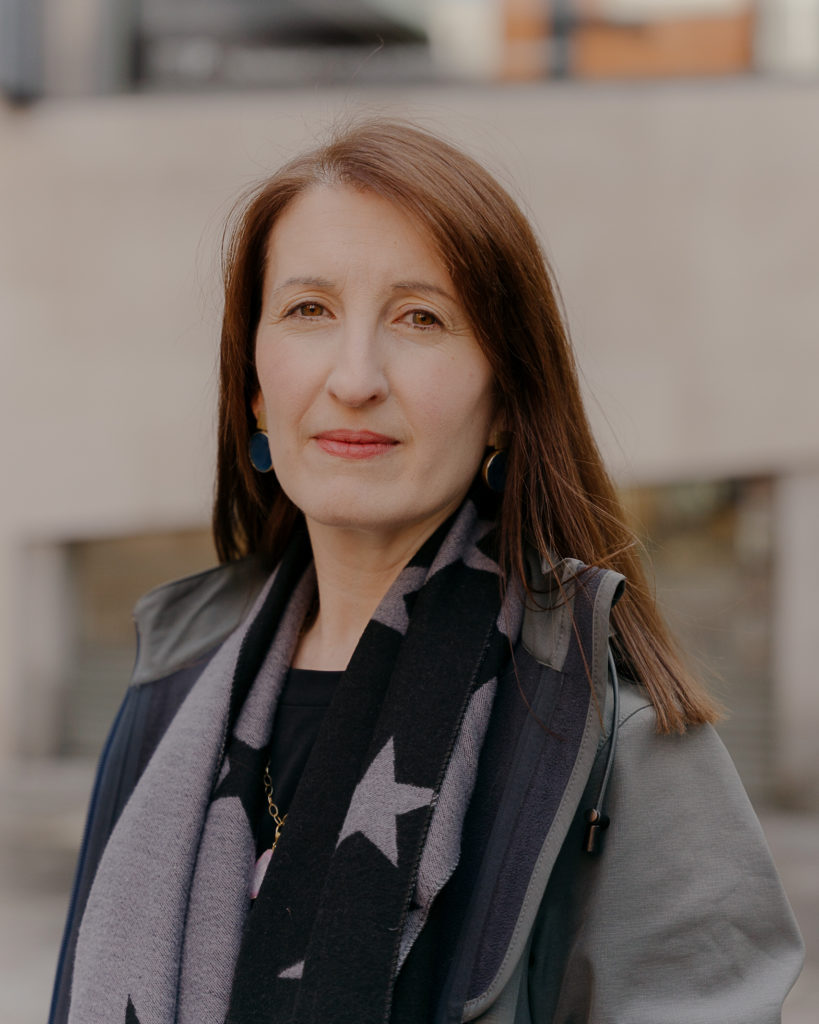
All three are inherently aware of the conversations Irish people currently do not have, about sex, their bodies and their health. “I think for people to walk into a pharmacy, or even the GP and talk about their sexual health, it’s quite difficult, and there are lots of barriers there,” says Anna. “And that can stop people and prevent them from finding out their status, or just even living openly and being able to share it because there’s that small time kind of claustrophobic judgmental feeling. It all comes back to sexual education and we really want to try and get this film into schools.”
“The fact is, a lot of young people 18 to 25, are being diagnosed with HIV positive,” she continues. “And that means that when they’re coming out of school, they’re going out into the world, they’re sexually active. So if we could catch young people, when they’re still in school and talk about this openly and positively, then we could do something about that and possibly be sex-positive about it.”
Anyone can contract HIV, regardless of sexual orientation – currently, in Ireland, there are 6,000 people living with the virus. Using medication, the risk of a person transmitting HIV to someone else can be brought down to zero. That message of U=U (undetectable = untransmittable) is integral to the film. Robbie emphasises that in order to solve the HIV crisis, HIV-positive people should not be seen as the problem but rather the solution: “So it’s just changing culturally, how we think about the virus. How do we overcome this cultural stigma? By letting HIV people into the conversation, but making sure we’re all talking about it. We’re not educating children in school, and parents haven’t really been educated about this either. So we need this intergenerational dialogue that isn’t completely negative.”
“We got a lovely message from somebody who had gone to see that film with their mother,” says Anna. “He said on the way home, himself and his mother had a conversation about HIV that they’ve never had before. It’s knowing that this might help open things up for families around the country, it’s wonderful.”
“So bring your mam, bring your sister, bring your brother. Have those conversations,” quips Robbie.
Ultimately, for all three, Anna, Shaun and Robbie, the film is a celebration of “the present moment”. “We’re at this point of change, where people are speaking out openly about their HIV, that’s kind of the journey of the film from a theatre piece to a cinema cinematic experience, explains Shaun. “And so that present celebration, I think it’s something on the acknowledgement of their robust, diverse and most of all, strong community. I think that’s a big part of the discourse that’s been missing, people speaking out confidently.”
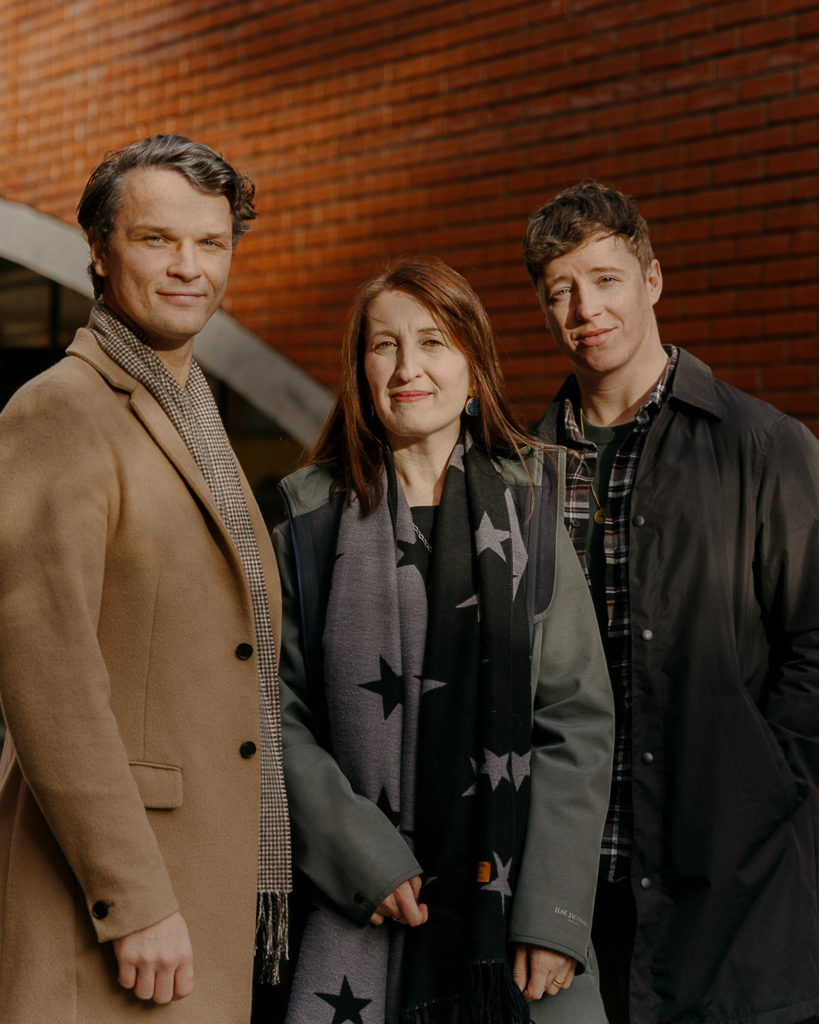
How To Tell A Secret will be shown in selected Irish cinemas from today. To keep up to date with all updates on the film, click here.
To donate to HIV Ireland, click here.
Elsewhere on District: Our Favourite Irish Creative Projects of 2022



